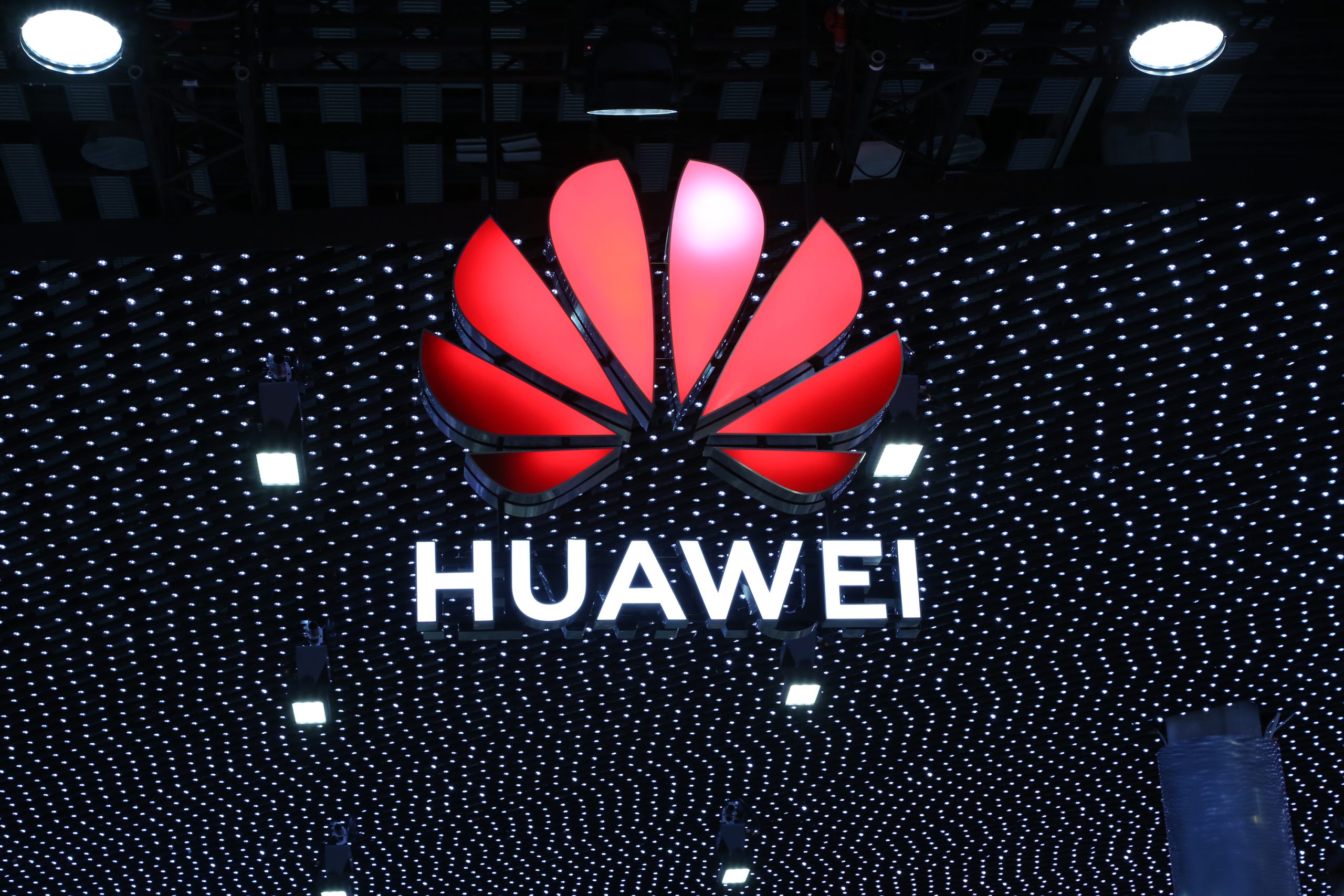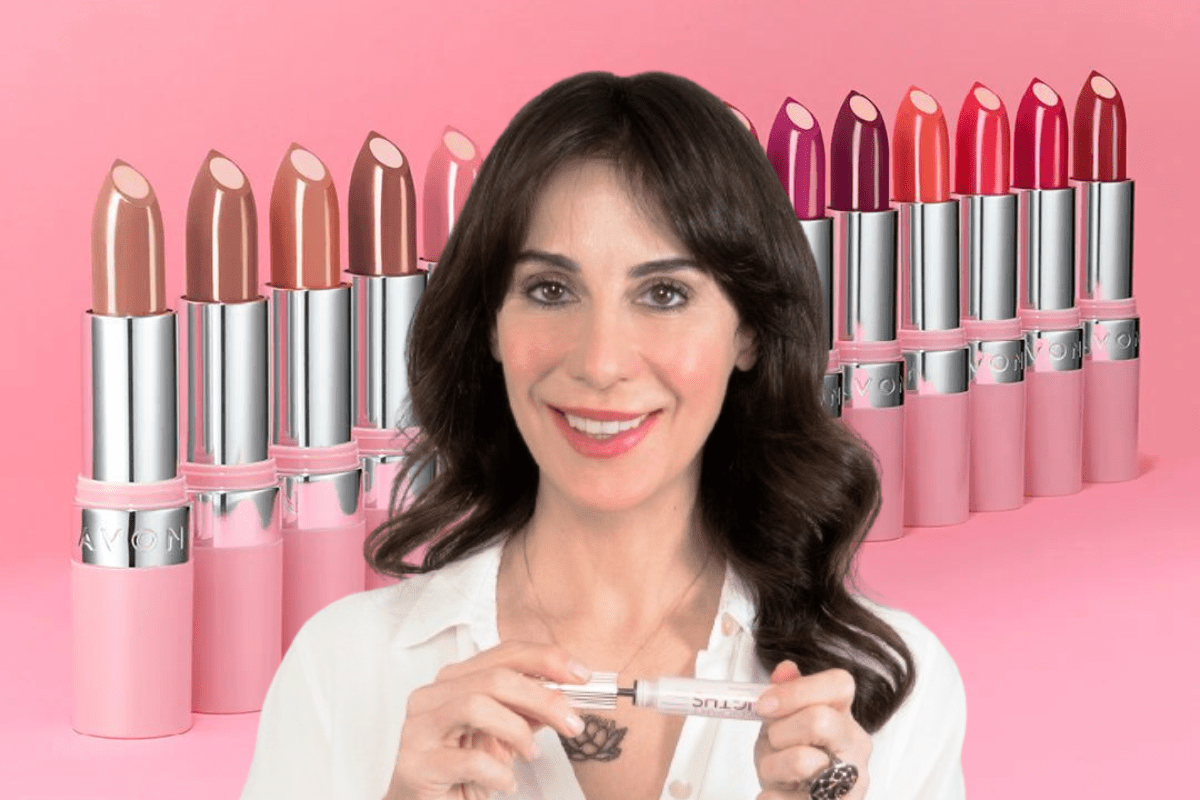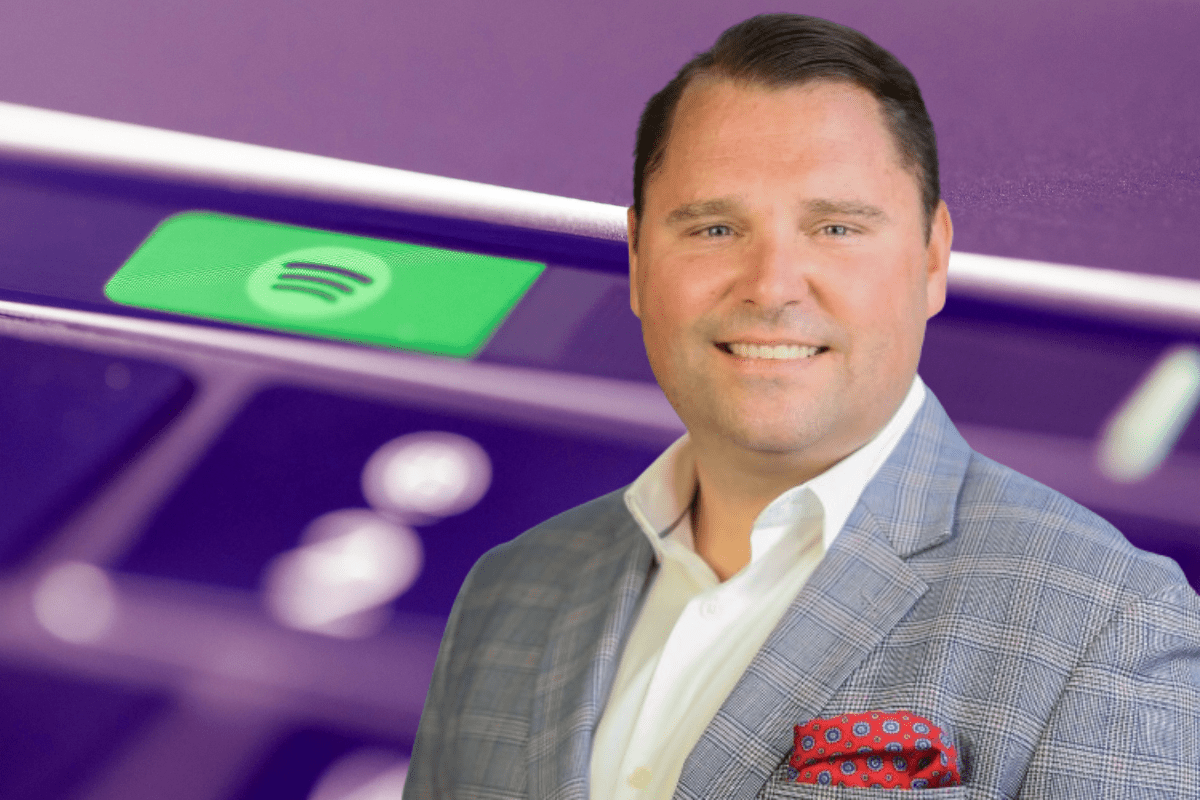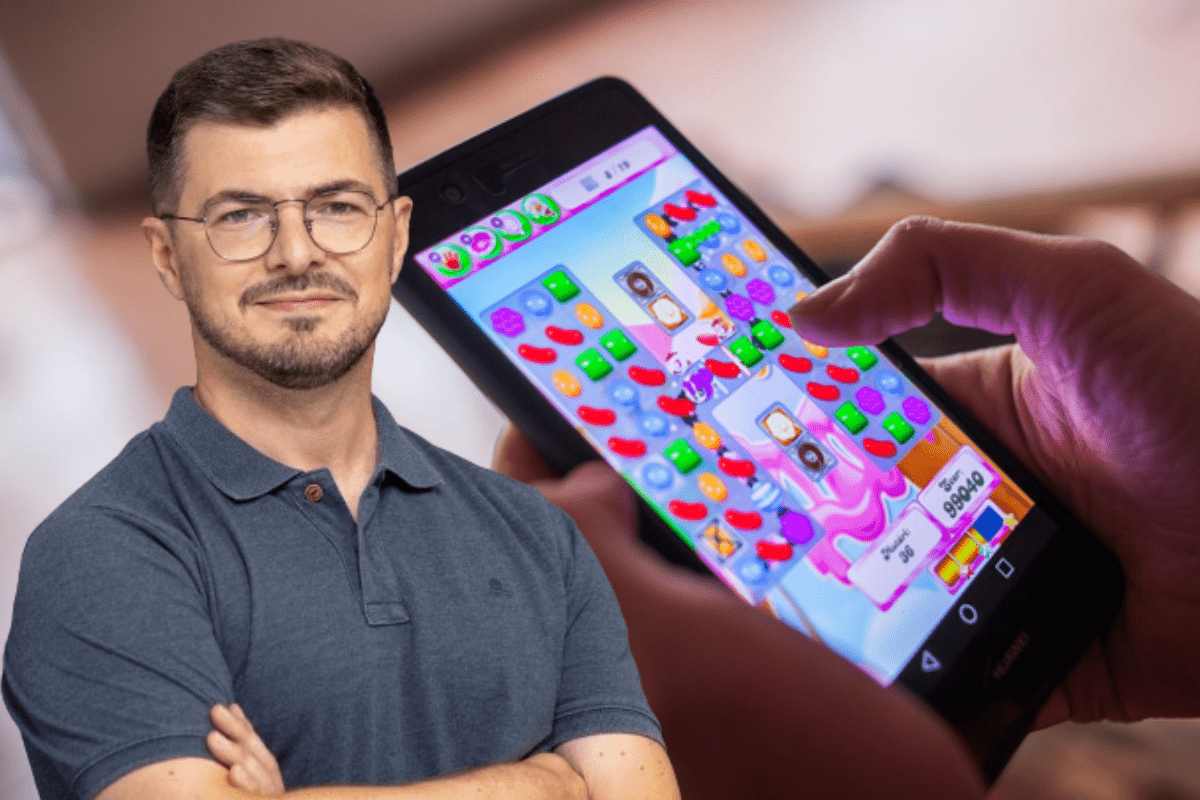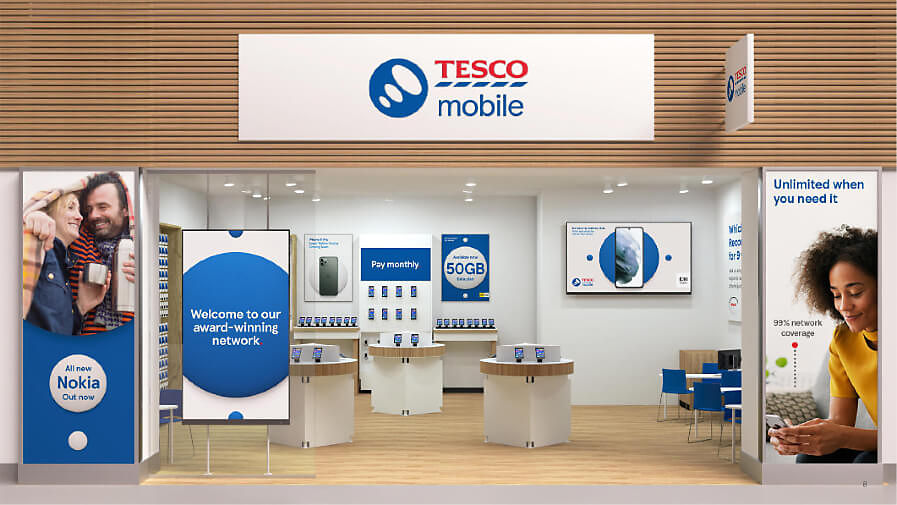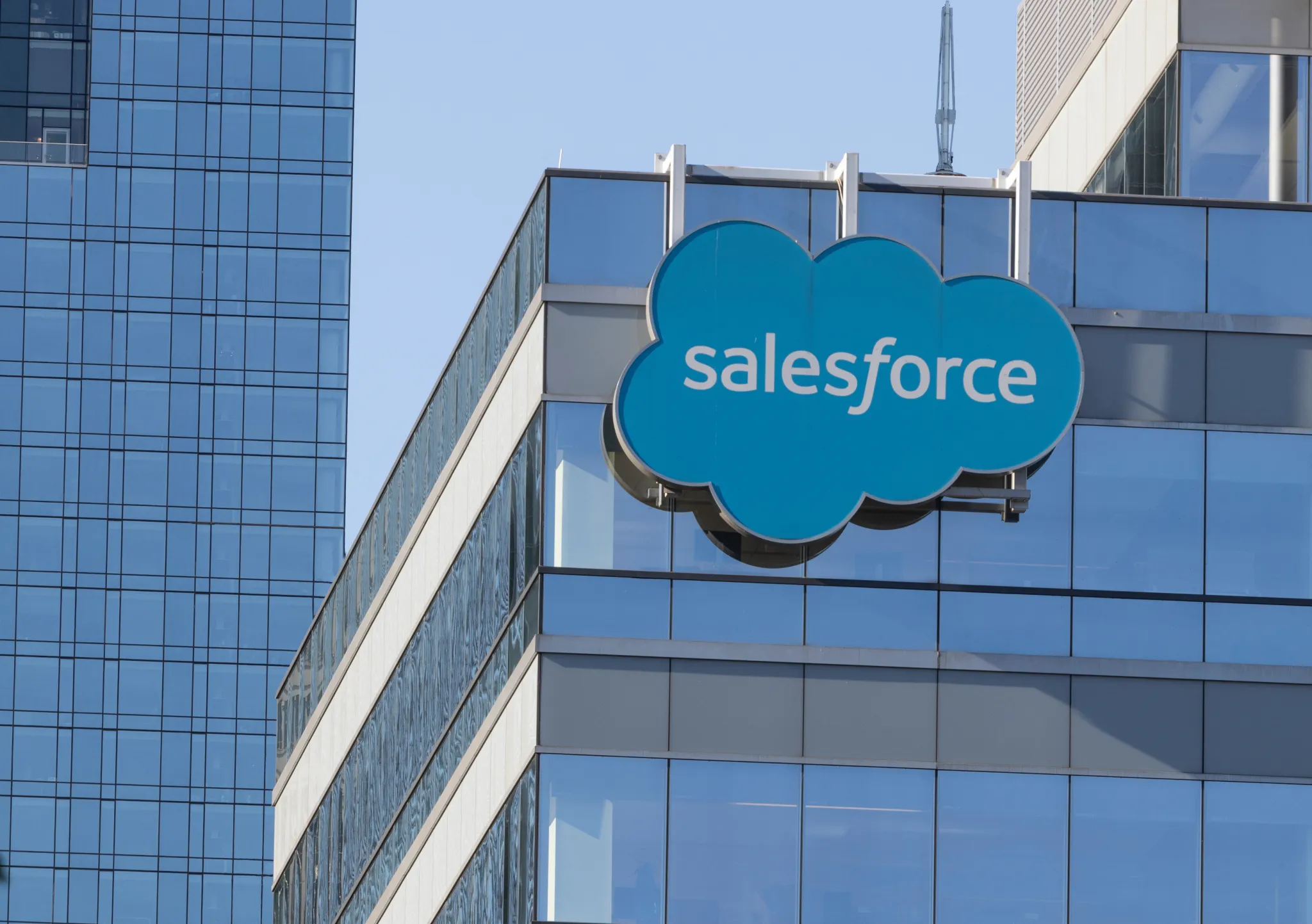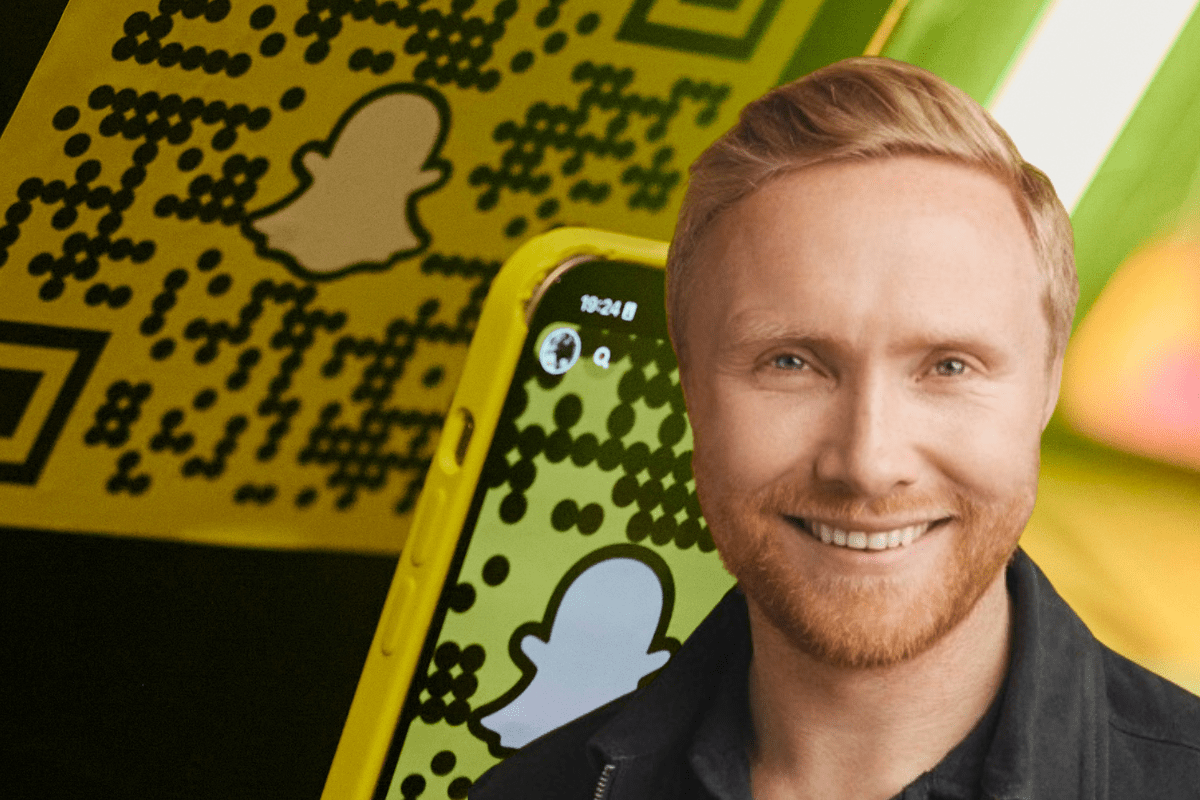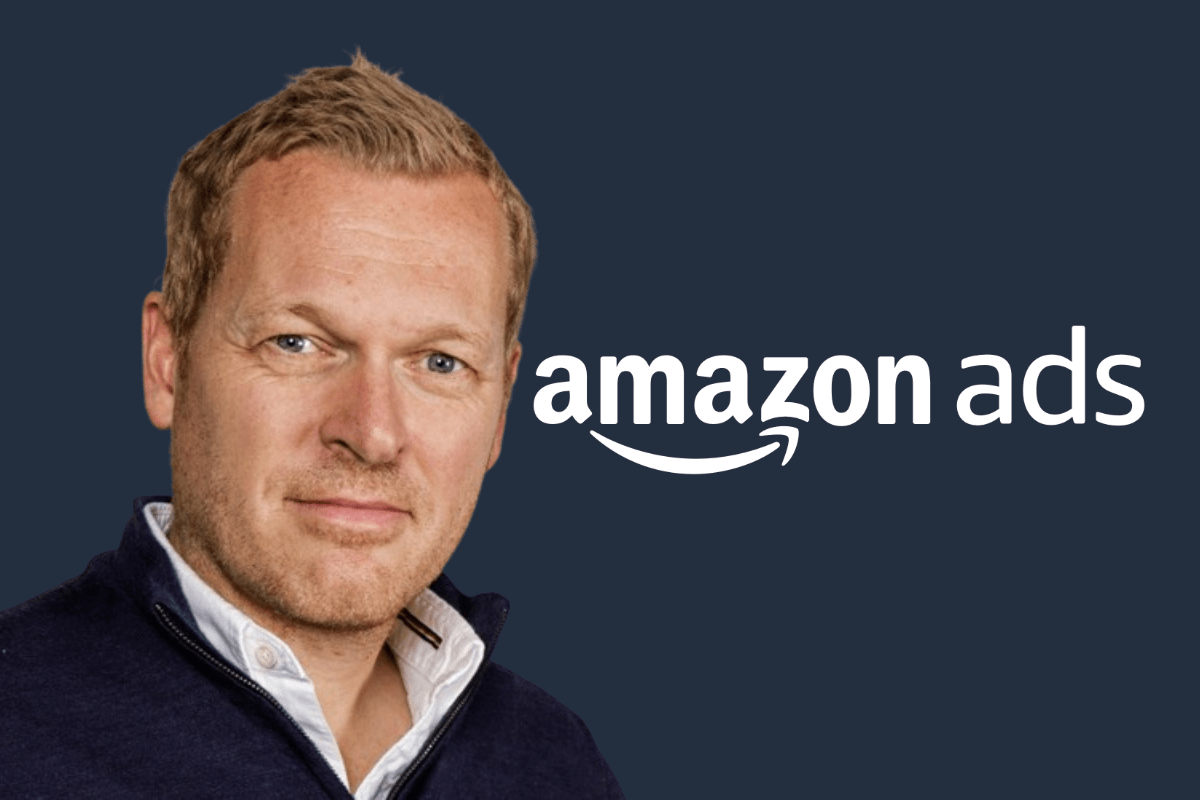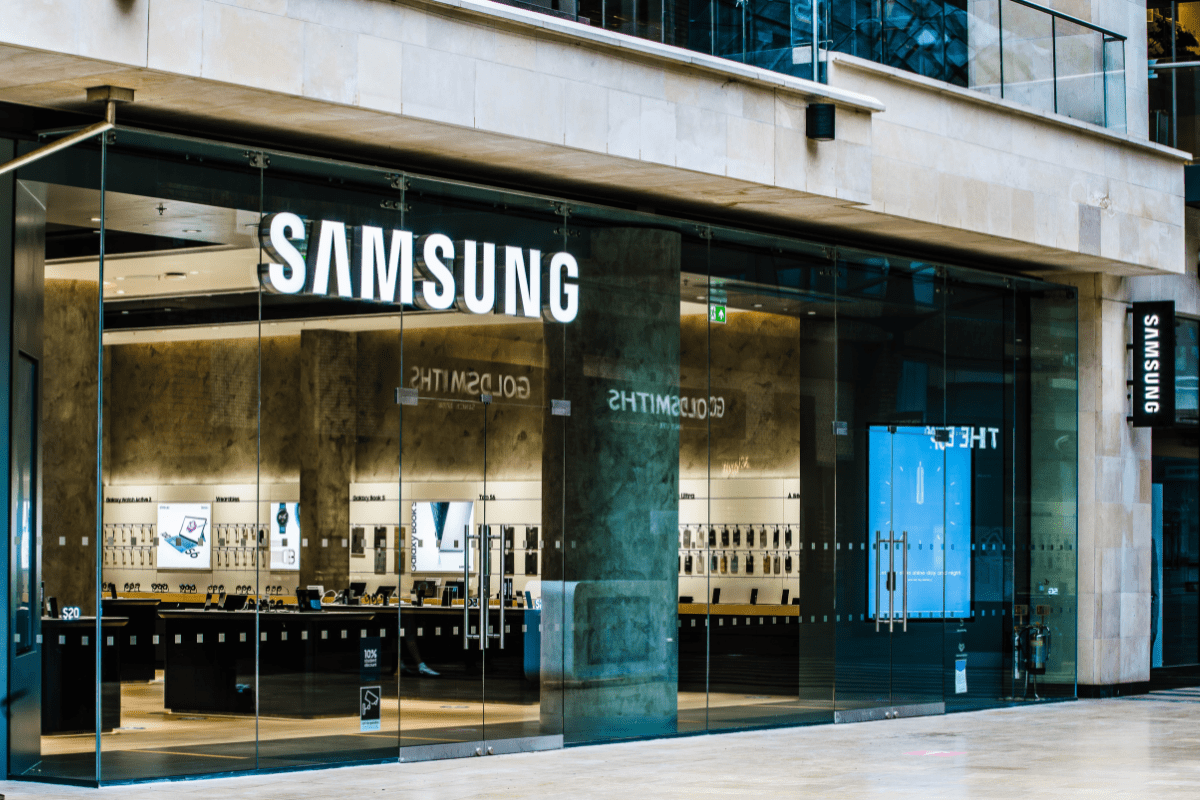Google: “Everything We Do Plays into the Next Set of Innovations”
- Monday, June 16th, 2014
- Share this article:

“The last wave of tech allows for the next wave to happen,” said Google chief business officer Nikesh Arora. “Its hard to picture a revolution while youre in the midst of it.”
Arora spoke at the Cannes Lions marketing festival today about the current state of innovation at Google, across some of its more outlandish projects, including self-driving cars, internet-providing balloons and connected contact lenses.
While those might seem very disparate, Arora told the audience: “Everything we do plays into the next set of innovations”. He pointed to self-driving cars, which wouldnt be viable without Googles years-long experience in mapping and navigation.
This applies to Googles less obviously innovative creations, too. Arora said he believes that Android, just by offering a single stable mobile platform, makes it possible for the likes of WhatsApp – with a team of 55 people responsible for an app used by over 500m users – to exist.
“Back when we had feature phones, every handset operated differently. It meant you had to rewrite the entire code for each piece of hardware, and consumers needed to relearn every time they got a new phone.
“If theres consistency in the platform, the pace of innovation is able to be much faster. Thats the benefit of standardisation.”
Looking ahead
This might sound obvious, but its an interesting insight into the thinking behind a project like Glass. The devices havent made much of a splash since quietly going on sale in the US, but it seems that doesnt matter too much to Google.
“We dont sit down and ask, is this going to make money,” Arora said. “We ask, is this going to be useful for people? We dont want to kill a project because its not going to be economically viable.”
That might sound like a suicidal business strategy, but when you have as much money as Google does, its possible to take the long view.
“Look at all the businesses that set up for one particular purpose and end up serving something completely different,” he said.
Glass itself builds on a lot of Googles previous work – on the software side, most notably its streamlining of search through Google Now and its OK Google voice commands. More importantly, though, it could potentially act as a foundation for a future project.
Projects, for example, like Iris, the smart contact lens Google unveiled in January, which can help diabetes sufferers monitor the glucose levels through their tears, and which is now going into clinical trials.
Arora described Iris as a “whole new fertile area” – meaning mHealth, presumably. But like he says, technology often ends up serving a very different purpose to the one its originally intended to.





